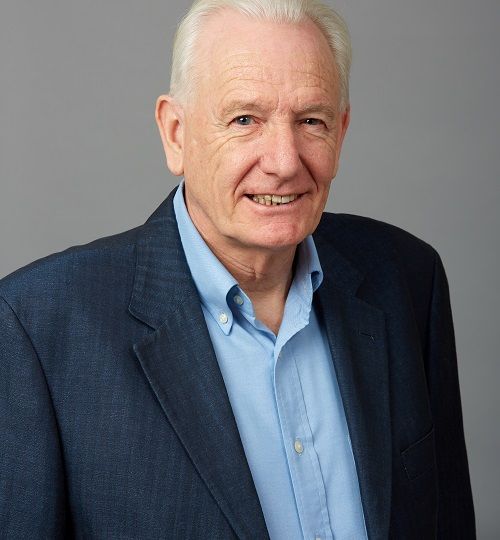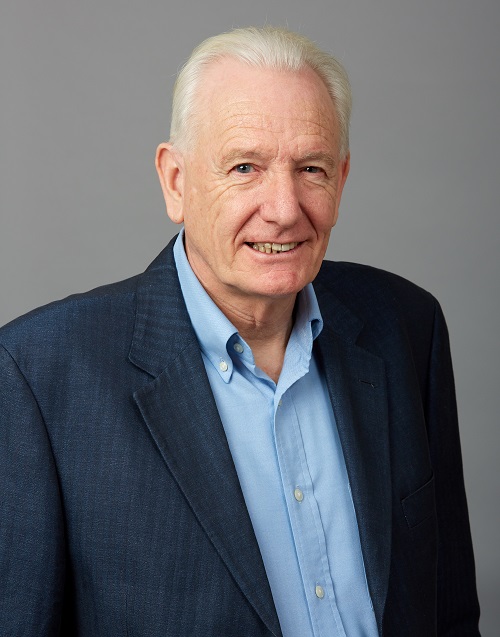

Interview with Paul Stennett MBE
BMTA caught up with Paul following his retirement from UKAS at the end of August after 15 years as its Chief Executive.
Q. In your time at UKAS you have seen significant changes to the way accreditation is viewed by both government and industry. Which stand out for you the most?
A. What is most satisfying is that UKAS is now seen as being a partner to Government, helping to deliver their regulatory agenda and in many cases UKAS is now the first port of call for either Government Departments or Regulatory organisations wishing to use some form of accreditation to underpin the delivery of their proposed schemes in place of legislation.
The use of accredited inspection and certification is increasingly accepted by industry as a critical and desirable component of delivering high standards in both manufacture and service delivery. This movement is most noted in multi-national organisations where cross border recognition is an important aspect of business. It is regrettable that more SMEs don’t see the benefits, however UKAS has a project underway to make accreditation more accessible to small business and I’m confident that my successor, Matt Gantley will be keen to continue this work. One area of change that stands out for me most is in Healthcare. Back in 2003 UKAS accreditation to international standards was largely unknown in hospital medical laboratories but in September 2018 UKAS completed its work to accredit all medical/pathology laboratories (both in the NHS and Independent sectors) to ISO15189. The average laboratory in a large NHS Trust will be processing some 10,000 samples a day with results underpinning 70% of all diagnoses made by doctors. This pioneering work by UKAS means that accreditation is being adopted in many other areas of diagnostics and clinical services across the NHS.
Now that I have retired from UKAS and doing some advisory work in industry I have seen for myself how much test results from UKAS accredited laboratories and accredited certification and inspection is valued by manufacturers and sought out by customers.
.
I am also very pleased that we introduced a professional marketing function within UKAS as without this we would have not been able to raise the profile and importance of accredited laboratories and test houses as much as we did.
Q. UKAS is a very different organisation now to the one that you took over. Which of the changes that have taken place are you most pleased with?
A. The key change for me has been the focus on customer service. UKAS now sees its customers as would any other service organisation. Of equal importance has been the increase in operational efficiency that has been achieved. This allowed UKAS to improve our financial performance and invest further in the development of our organisation and the services offered. However, there is always more to do in this area and I am confident that Matt Gantley with his experience will drive this agenda further.
Quite early on we seconded someone from the DTI to develop our government engagement capabilities.This development, together with the work of our Non-Executive Directors and Lord Lindsay, the UKAS Chairman, has been instrumental in creating the positive and productive working relationships that now exist across Government and Regulators.
Over the years we also built on and extended our ties to a wide range of Professional, Technical and Trade bodies including many within the PAC/PAF. I would like to thank the various members of the BMTA who have provided invaluable input and guidance to UKAS over the years through these advisory bodies. Long may it continue.
Q. Is there one thing that you would have liked to have achieved at UKAS, but didn’t?
A. Easily my biggest regret is not having been able to implement a Customer Portal where customers were able to self serve and get support online. This is something we should have been able to deliver 3-4 years ago but as with many IT-based developments, the launch was delayed a number of times. I know the latest incarnation was in the final stages of development as I was leaving and hope that it launches during 2019.
The one area that really excites me for the future is the transformational impact technology can have on the way UKAS carries out its business and interacts with its customers. This is something I know my successor is very keen to develop.
Q. Do you think that the governance structure of UKAS facilitates a flexible and market responsive approach to the needs of industry?
Q. Do you think that the governance structure of UKAS facilitates a flexible and market responsive approach to the needs of industry?
A. I believe that the current structure is fit for purpose and that the existing team of Non-Executive Directors, together with the Chairman, have given the Executive team the necessary push and challenge needed to ensure UKAS continues to develop at the pace demanded by customers. All of this is underpinned by the involvement of organisations such as BMTA being UKAS Members, which gives them input at the highest level to the Governance and strategic direction of UKAS. At a practical working level, in order to keep up with the demand for new areas of accreditation any given point in time the UKAS Development Department is working on 40+ projects to take the business forward.
However, there is still much work to do to increase awareness of the importance of accreditation across all of areas, both old and new`
Q. How can accredited UK organisations view the opportunity BREXIT offers? Does BREXIT make it more or less important for an organisation to be accredited?
Q. How can accredited UK organisations view the opportunity BREXIT offers? Does BREXIT make it more or less important for an organisation to be accredited?
A. Having seen a number of economic cycles during my time at UKAS I can say with some certainty that in each down-turn or at each point of economic uncertainty, demand for UKAS services has risen. Being able to demonstrate that your products or services are produced to an accredited standard can only be a good thing which I hope is a small positive for UKAS accredited organisations in this time of Brexit uncertainty.
And finally..
I would like to thank BMTA and all its members for the support and challenge provided over the years. The involvement of BMTA either as a UKAS Member at the AGM and strategy sessions or as PAC/PAF members has been invaluable in shaping all aspects of the development of UKAS .
